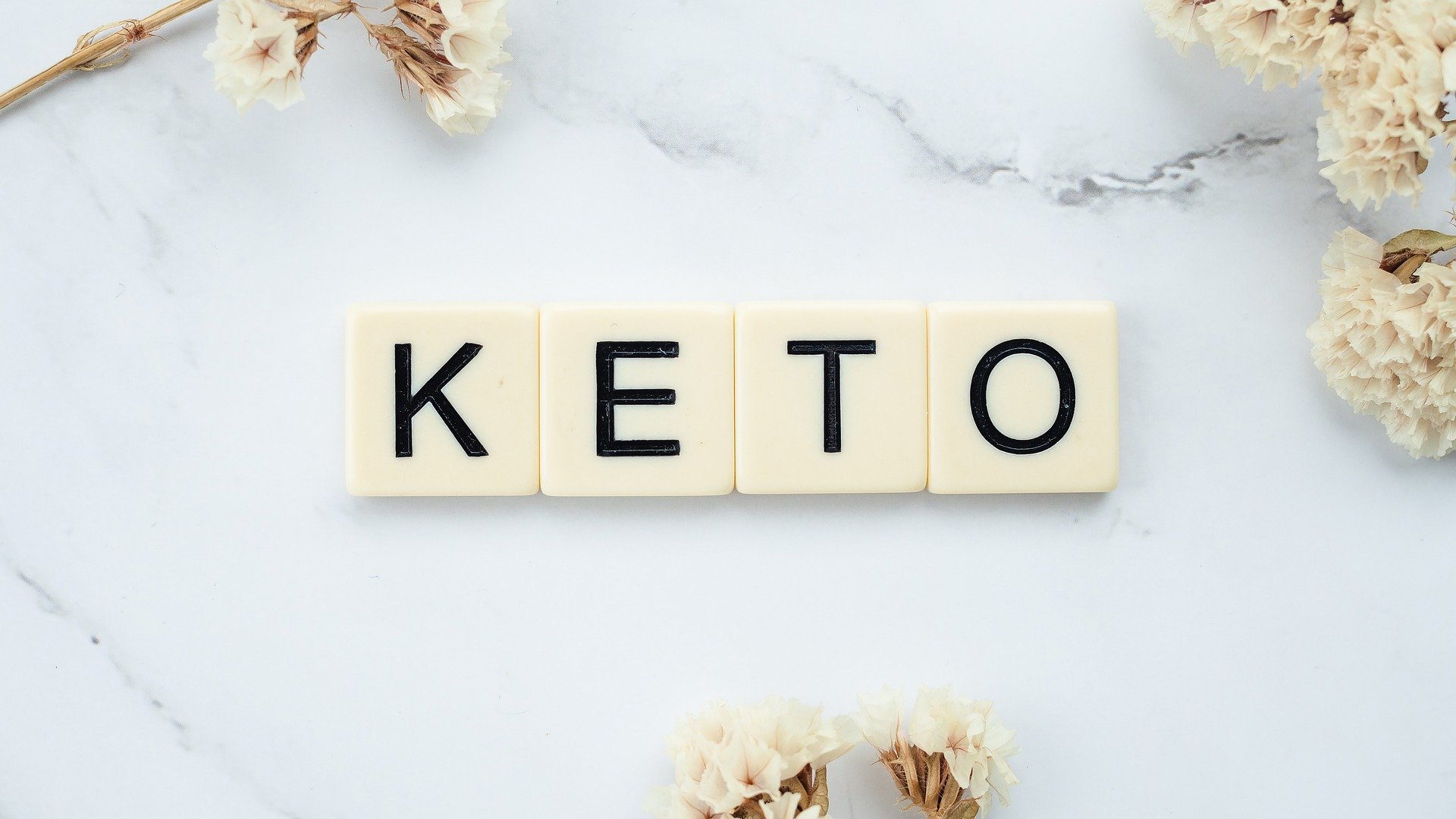An influencer and nutritionist has been criticized for a simple act most of us do frequently without a thought.
Ben Coomber, a nutrition coach, speaker and podcast host from the UK, shared footage showing himself preparing a healthy breakfast for his young child, hoping to inspire others to do the same.
The video has attracted quite a lot of attention, being viewed more than 10 million times alongside thousands of comments.
“A porridge recipe I make for my daughter,” Ben wrote in the post that accompanied the video.
“I’ve been giving this to her since she was one years old and loves it. Nutritious, good healthy fats, low in sugar, and easy to change the flavor by using different fruit, nuts, seeds and natural flavors – pea milk gives it good protein too, which many kids breakfasts lack.”
While most of his followers loved his recipe, there were some who claimed there was a flaw.
In the video he’s seen preparing the delicious breakfast, but it was what happened right before he served it up that had some commenters raising their eyebrows – he popped it in the microwave.
A cooking sin, according to some.
One commenter wrote: “Nice, but I have one question. I really don’t understand why you put it in the microwave? That takes all the nutrition out of the food!”
To which Ben responded: “How does it take it all out? If that is true (which knowing the research it isn’t), why isn’t my child, and many others, severely malnourished and suffering from such issues?”
Another raised the same point: “Nutritionist using microwave. Poor child.”
A third said: “You mix ‘healthy ingredients’ and you put it in the microwave …”
And there was more: “Lovely breakfast but to then go and ruin it by putting it in the microwave!”
When Ben asked the commenter why he ruined it, she responded: “Microwaving your food is very unhealthy, it totally kills all the goodness in the food.”
There were plenty more critics, including: “Maybe don’t radiate the nutrients tho (sic) but yum I give my daughter similar.”
And: “A nutritionist that microwaves things. That’s a first.”
“Poor kid” another wrote.
So, is it true, does microwaving food destroy its nutrients?
That’s a myth, according to Anthony L. Komaroff, M.D. and Editor in Chief of the Harvard Health Letter.
“Microwave cooking is actually one of the least likely forms of cooking to damage nutrients,” Dr. Lomaroff said.
“That’s because the longer food cooks, the more nutrients tend to break down, and microwave cooking takes less time.
“So cooking a roast in an oven is more likely to cause some loss of nutrients than cooking the roast in a microwave. And boiling vegetables is more likely to rob them of nutrients than either cooking them in the oven or microwaving them.
“That’s because some nutrients leach out of the food into the water. So microwave cooking is not only fast, it’s also sometimes nutritionally advantageous.”
Meanwhile, the majority of reports find that food cooked in microwaves is “at least as nutritious as comparable food cooked by conventional methods”.
Check out our Latest News and Follow us at Facebook
Original Source
